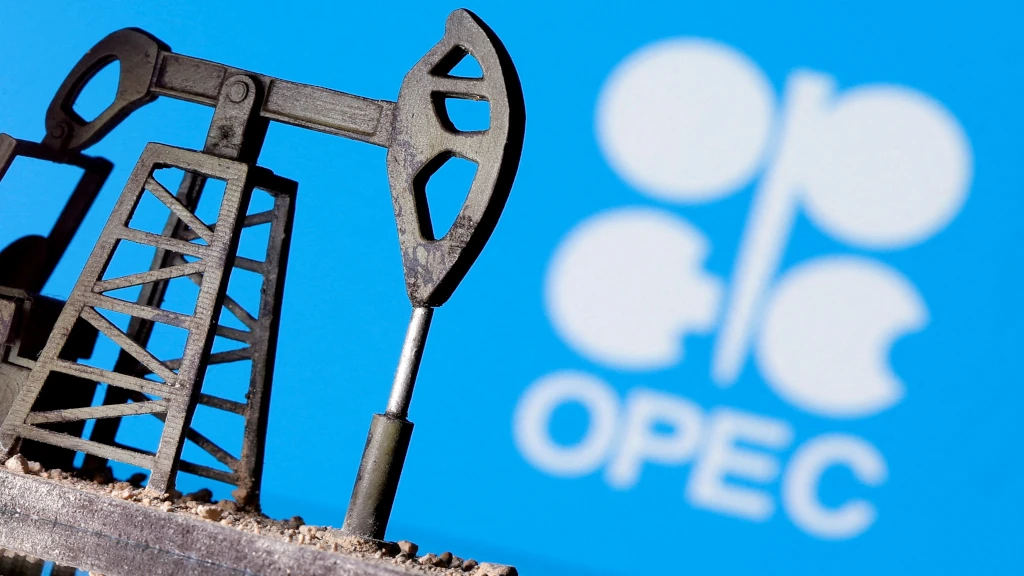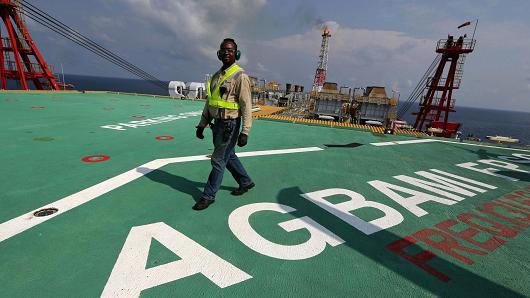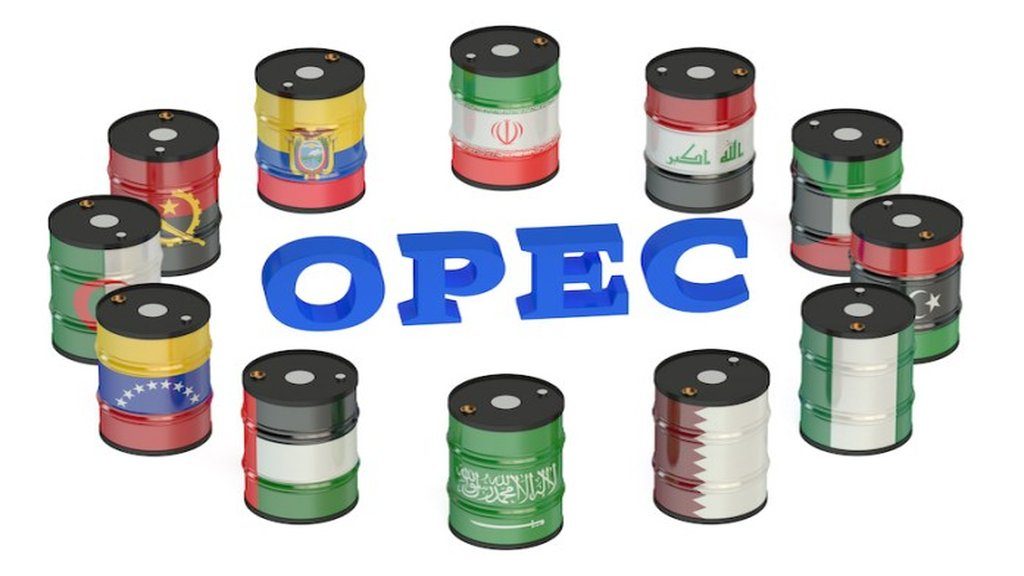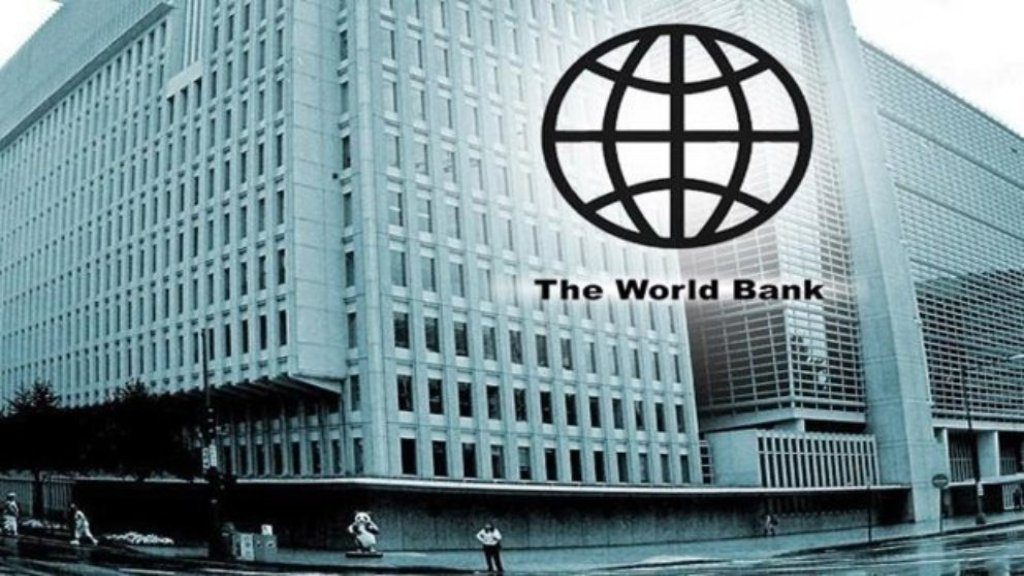Oil minister says the country ‘gains nothing’ from remaining in the group after disagreements emerge over production cuts.
OPEC has agreed to production cuts as it seeks to boost the price of oil, a move Angola had objected to [File: Dado Ruvic/Reuters]
Angola says it will leave the Organization of the Petroleum Exporting Countries (OPEC) over a disagreement regarding production quotas, a move that will bring the group down to 12 members.
Speaking on public television on Thursday, Diamantino Azevedo, minister for mineral resources, petroleum and gas, said Angola, which produces about 1.1 million barrels of oil a day, is leaving OPEC because it was not serving the country’s interests.
“We feel that … Angola currently gains nothing by remaining in the organisation and, in defence of its interests, decided to leave,” Azevedo was quoted as saying in a statement issued by the president’s office.
Angola, which first joined OPEC in 2007, has struggled to meet production quotas over the past several years. The country is joining others, such as Qatar and Ecuador, that have left OPEC in the past decade.
Questions about potential production cuts sought by leading oil producers such as Saudi Arabia have been a source of recent debate within the group.
Without Angola, OPEC countries will produce about 27 million barrels of oil per day, about 27 percent of the global supply.
But while Angola was a relatively small player in OPEC, the country’s departure has raised larger questions about the future of the organisation.
Crude prices dropped by more than 1.5 percent after the announcement.
“From an oil market supply perspective, the impact is minimal as oil production in Angola was on a downward trend and higher production would first require higher investments,” said Giovanni Staunovo, a commodity analyst with UBS.
“However, prices still fell on concern of the unity of OPEC+ as a group, but there is no indication that more heavyweights within the alliance intend to follow the path of Angola.”
Oil and gas make up about 90 percent of Angola’s exports and are a crucial economic lifeline for the country.
Last month, Azevedo’s office protested against an OPEC decision to reduce its production quota for 2024, concerned that it would damage Angola’s ability to increase its output capacity.
OPEC and its allies in OPEC+ have agreed to cut production to prop up oil prices.
Angola’s production capacity peaked in 2008 at 2 million barrels per day but has dropped since due to ageing infrastructure.
 afric-Invest
afric-Invest



